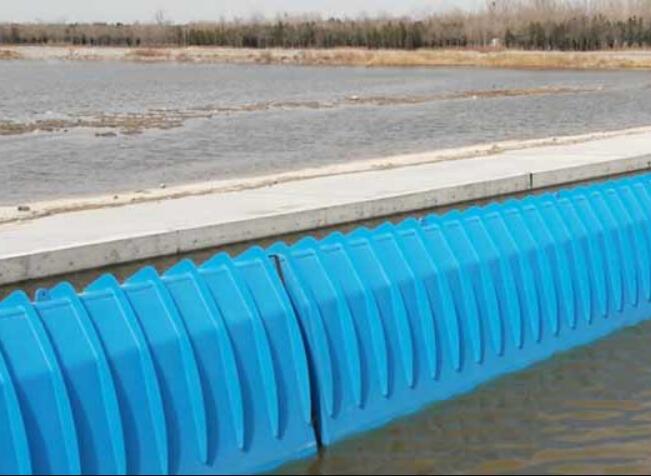What is the purpose of dams and their role in water management?
Dams are large, man-made structures built across rivers and streams to impound water, creating reservoirs that serve a wide range of essential purposes. These impressive engineering feats play a crucial role in water management, providing numerous benefits to society and the environment. In this article, we will explore the primary purposes of dams and delve into their vital role in water resource management, irrigation, flood control, hydropower generation, and environmental conservation.
The Purposes of Dams:
Water Storage: One of the primary purposes of dams is to store water. Reservoirs formed by damming rivers help capture and retain excess water during periods of high flow, such as heavy rainfall or snowmelt. The stored water can then be released gradually during dry periods, ensuring a reliable and consistent water supply for various human needs and ecosystem requirements.
Irrigation: Dams play a crucial role in agriculture by providing water for irrigation. The controlled release of stored water from reservoirs enables farmers to irrigate their crops during dry seasons or periods of drought, enhancing agricultural productivity and food security.
Flood Control: Dams serve as effective flood control mechanisms. By regulating the flow of water during heavy rainfall or rapid snowmelt, dams can mitigate the risk of downstream flooding. The controlled release of water prevents sudden and destructive surges, protecting communities and valuable infrastructure.

Hydropower Generation: Dams are a major source of renewable energy through hydropower generation. The stored water in reservoirs is released through turbines, converting the energy of flowing water into electricity. Hydropower is a clean and sustainable energy source, contributing significantly to the global energy supply.
Water Supply: Dams provide a reliable and ample water supply for urban, industrial, and domestic use. The stored water can be treated and distributed to meet the water demands of growing populations and diverse industries.
Navigation and Transportation: In some cases, dams facilitate navigation and transportation along rivers. By regulating water flow, dams can maintain navigable water levels, enabling the transportation of goods and people.
Recreation and Tourism: Reservoirs created by dams offer opportunities for recreational activities such as boating, fishing, and water sports. These reservoirs also attract tourists, contributing to local economies through tourism-related businesses.
Dams and Water Management:
Dams play a central role in comprehensive water resource management, offering multiple benefits:
Stabilizing Water Supply: Dams store water during wet seasons and release it during dry periods, stabilizing water supply for various uses, including agriculture, industry, and domestic consumption.
Flood Mitigation: By controlling water flow, dams reduce the risk of floods, protecting lives and property in downstream areas.
Hydropower Optimization: Elevator Dams contribute significantly to clean energy production, helping to meet electricity demands and reduce greenhouse gas emissions.
Environmental Conservation: Dams can support environmental conservation by creating wetland habitats, preserving wildlife, and enhancing ecological balance in river ecosystems.
Conclusion:
Dams serve as multifunctional structures with diverse purposes that are critical for sustainable water management. They store water, regulate flow, provide irrigation, generate hydropower, control floods, and offer recreational opportunities. The strategic planning and responsible management of dams are essential to ensure equitable water distribution, energy security, environmental preservation, and social and economic development. As we face growing water challenges and the need for sustainable energy solutions, dams continue to play a pivotal role in meeting these pressing demands, making them vital assets in the pursuit of a secure and thriving future.
315
0
0

Comments
All Comments (0)